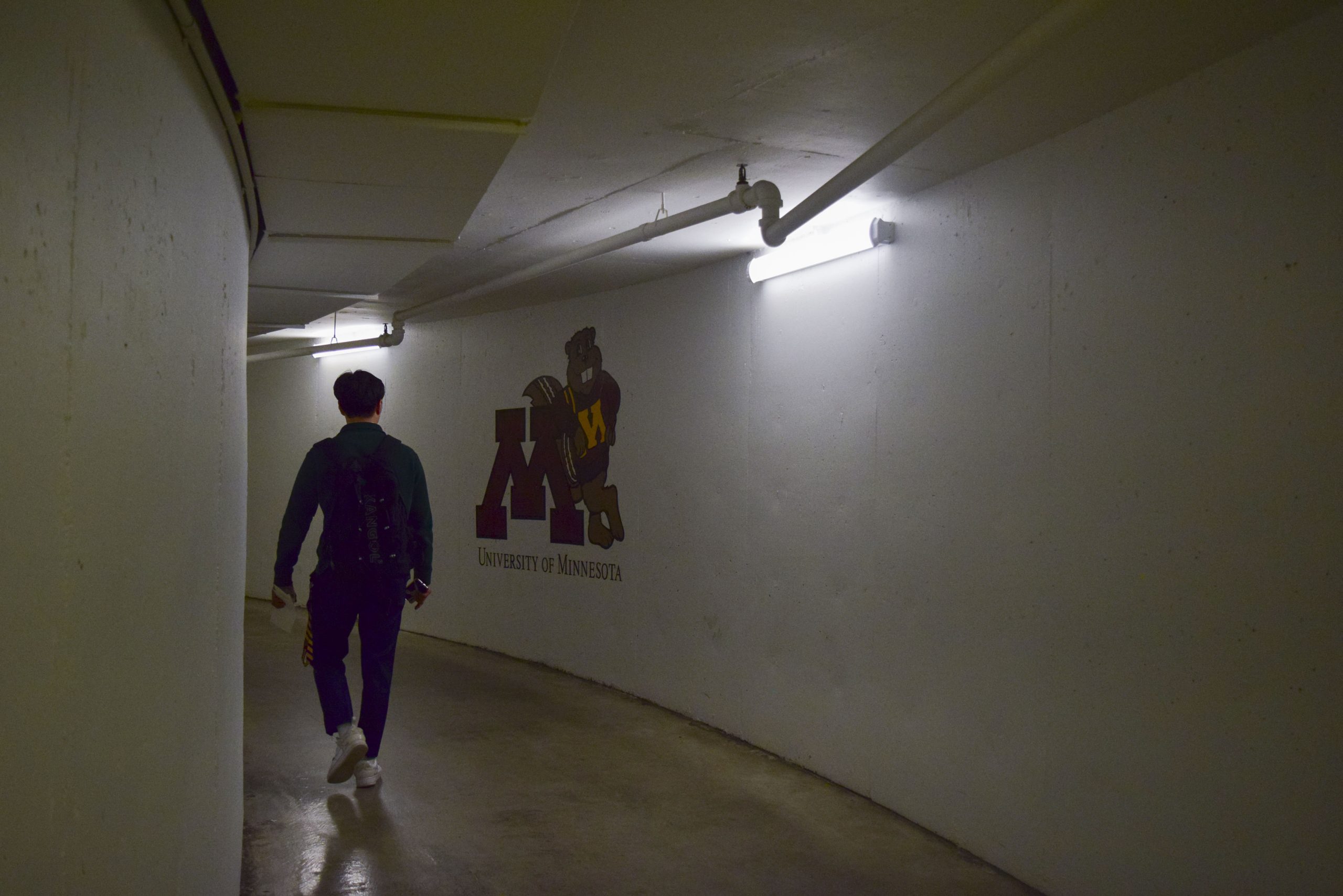Science students at the University of Minnesota are exploring how to better communicate their research through acting.
Speaking Science Improv was formed this fall when actors saw a need for scientists to better communicate their research to the public. The club is funded through a $3,000 grant through the University’s Institute on the Environment.
Similar improv classes created around five years ago inspired University graduate student Samuel Reed, who is studying forest ecology and climatology, to form the bi-weekly club this fall. He said Speaking Science Improv addresses communication hurdles some science students face when sharing research.
“There’s so many different things that professional actors, who are involved in the theater realm, learn that would practically take a lifetime for scientists to learn all of that, but there’s elements that we can teach people,” Reed said. “It’s way better than maybe practicing once a week for 50 minutes — we have a year-long program now. We can really focus on training individuals.”
During the group meetings, founders of the original improv classes Luverne Seifert and Dario Tangelson lead the members through a number of exercises. Through these activities, the students are trained to control breathing and thoughts while they are presenting on stage.
While the goal of the club is to practice effective research communication, the students take additional steps to incorporate acting into their skill set.
“We do one technique in which scientists will come up and they’ll talk about their research, but then we ask them to embody their research and they start actually performing in a way as an actor about that research,” said Seifert.
In addition to members learning to improve research communication, Reed hopes he’s created a community for the members.
“Rather than just meeting for one brief period of time, we’re able to get a little more intimate, we’re able to get to know people who are in the room and we’re actually able to practice over and over and over again,” Reed said. “This provides the next step.”
Tangelson said he wants to help remove the stress and pressure from students delivering their research — to the point where it is not burdensome for the speaker.
“Ultimately, I want to use tools of theater in terms of ensemble work or experimental theater work to offer the scientists a more intuitive way to approach their work in terms of structuring the narrative of the research,” he said.
Even though the group is just beginning its bi-weekly meetings, Reed said he already notices change in the scientists’ views on public speaking.
“The most enjoyable part is seeing how nervous everyone is in the beginning and just watching them come together as this beautiful unit where they’re just happy to work with each other,” Reed said. “They’re having fun — even though they’re doing the things they thought they strongly disliked.”










.jpg)






